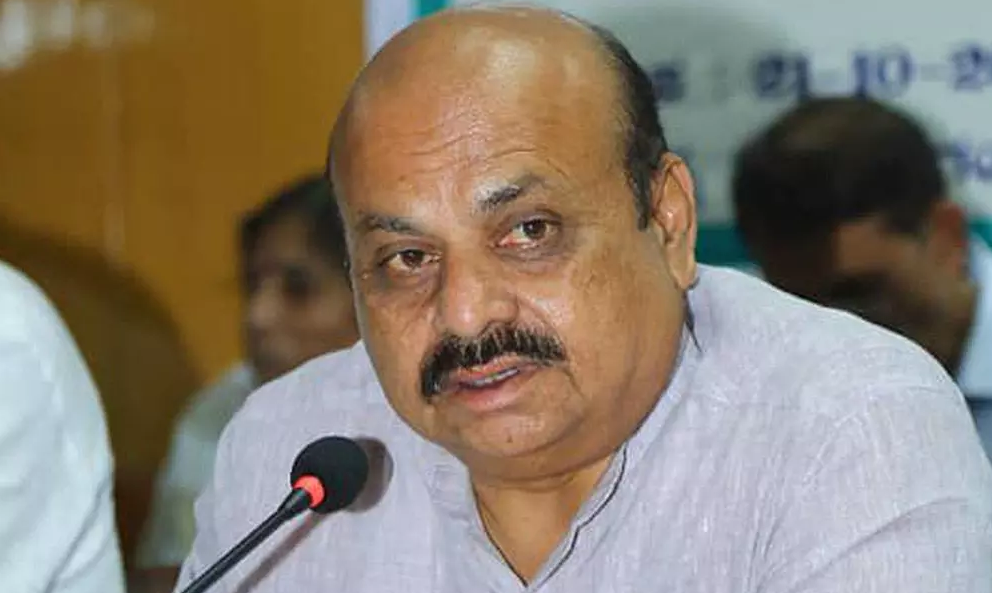
GST revenue loss: Karnataka bats for more taxes on luxury goods
The Karnataka government told the GST Council that the government should hike the tax on luxury goods, tobacco, and pan masala to address the shortfall in tax revenues.

The Karnataka government on Thursday (August 27) told the GST Council that the government should hike the tax on luxury goods, tobacco, and pan masala to address the shortfall in tax revenues.
With the COVID crisis continuing to affect the state’s tax revenues, clubbed with Centre’s delay in GST compensation and reduced share in central tax, Karnataka is facing a funding crisis and urged the Centre to step in and help.
Home Minister Basavaraj Bommai, who represented the state in the GST Council meeting, said despite the challenging situation with the COVID-19 crisis, the state managed to collect 71.61 percent of targeted tax revenue.
The total tax revenue in Karnataka is estimated to be ₹1.80 lakh crore. Bommai, who said the state can extend support to the Centre in all possible ways to tackle the virus pandemic, however, urged the Centre to pay the GST compensation at the earliest. The GST compensation amount for April-July added up to ₹13,764 crore.
While the Centre asked the state to look at borrowings as an option, Home Minister Basavraj Bommai said it would be worthwhile for the Centre to borrow money and pay for the revenue losses.
“States will be in a difficult position to raise loans and repay them. It is better for the Centre to raise loans to provide compensation to the States. Also, the Centre has the powers to impose new tax beyond 2023,” Bommai said.
Related news: Nirmala’s denial of GST funds to states, a Shylockian bargain
Meanwhile, in another development, the state informed the Karnataka High Court that it cannot waive the property tax as it would increase the burden on urban local bodies. The government said this in response to a petition seeking to waive off property tax for the year to reduce the burden on property owners in the wake of the COVID-19 crisis.
The petitioner’s counsel, however, informed the court that the Bruhat Bengaluru Mahanagara Palike (BBMP) council, a civic body council, should be consulted and the government cannot take a unilateral decision. The bench adjourned the hearing to September 15.
K Gayithri, Professor Centre Economic Studies and Policy (CESP) at Institute of Social and Economic Change, said the state cannot pass on the full responsibility to the Centre. She said the recommendations on higher tax on luxury goods, if implemented, would not be a bad move.
Furthermore, she said that as a last resort, the state can borrow money instead of asking the Centre, considering the overall financial situation in the country. “However, the money raised should effectively be put to use so that the states are in a better position to repay them,” Gayithri said.

